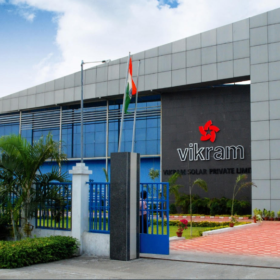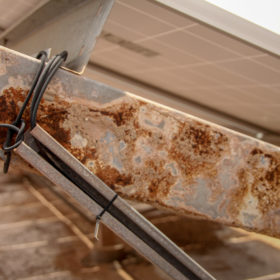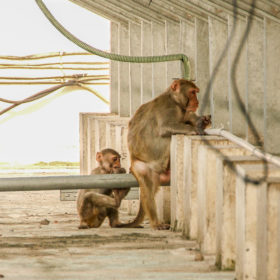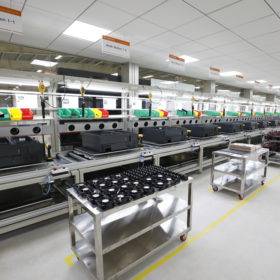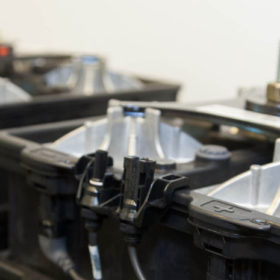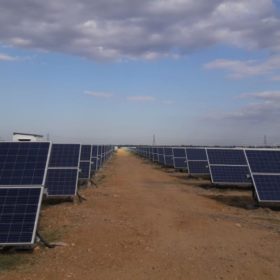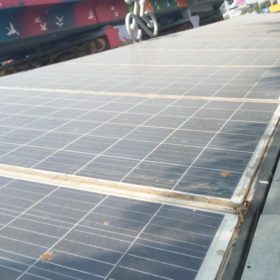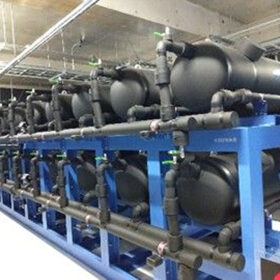Vikram Solar announces successful long-duration PV reliability test results
U.S.-based PV Evolution Labs (PVEL) has found that Vikram Solar’s Somera monocrystalline silicon and Eldora polycrystalline silicon PV modules met and exceeded international quality and performance benchmarks.
The long read: Implementing standards
While Bureau of India Standards certification is a genuine attempt by the Indian government to mitigate the risks associated with poor solar module quality, there are several reasons why it is not 100% effective. pv magazine India’s Uma Gupta investigates India’s efforts to ensure quality in its booming PV industry.
Vikram Solar panels are Black & Veatch certified
After a detailed review of solar panels manufactured at Vikram Solar’s plant in West Bengal, US-based Black & Veatch concluded that its modules successfully meet the requirements of respective international standards.
pv magazine speaks to Puneet Singh Jaggi, co-founder and director of Prescinto Technologies
Founded in 2016, Prescinto Technologies is an industrial internet of things solution provider to the solar sector. After two years, Prescinto has found a footing in 13 countries across 4 GW of solar plant capacity. Backed by Gensol Group’s engineering experience across 20 GWs of renewable projects, Prescinto is able to transform that knowledge into code and empowers plants ‘onboarded’ on its platform.
The long read: Bringing the quality narrative to India
As in many fast-growing solar marketplaces, some of the stories about PV quality to emerge from India have been the stuff of nightmares. But the industry is mobilizing in the form of a quality taskforce, writes Pranav R. Mehta, chairman of the National Solar Energy Federation of India.
MNRE issues guidelines for approval of solar inverters
India’s Ministry of New & Renewable Energy (MNRE) has issued guidelines for solar PV inverter manufacturers to get their products tested and approved by Bureau of India Standards (BIS) certified labs. These guidelines apply to off-grid, grid-tie and hybrid inverters of capacities up to 150 KW.
MNRE issues guidelines for solar storage batteries to meet quality standards
Rules on the composition of product containers, production line sample sizes for testing and technical information will come into force for manufacturers and distributors operating across the nation.
The long read: Implementing standards
While Bureau of India Standards (BIS) certification is an honest attempt by the Indian government to mitigate risks associated with poor quality of modules, there are several reasons why this particular objective is currently not being met. pv magazine India’s Uma Gupta investigates India’s efforts to ensure quality in its booming PV industry.
Guidelines issued for enlistment of approved PV models and manufacturers
National Institute of Solar Energy (NISE) will carry out inspections, verifications and quality checks on behalf of the Ministry of New and Renewable Energy (MNRE).
The long read: Case for optimization
While India’s solar potential is unquestionable, progress has been uneasy and race-to-the-bottom pricing has held back the adoption of technologies such as MLPE. However, that is beginning to change, writes Prasidh Kumar, CEO of Soreva Energy, as grid modernization requires proactive monitoring and optimization technologies.
